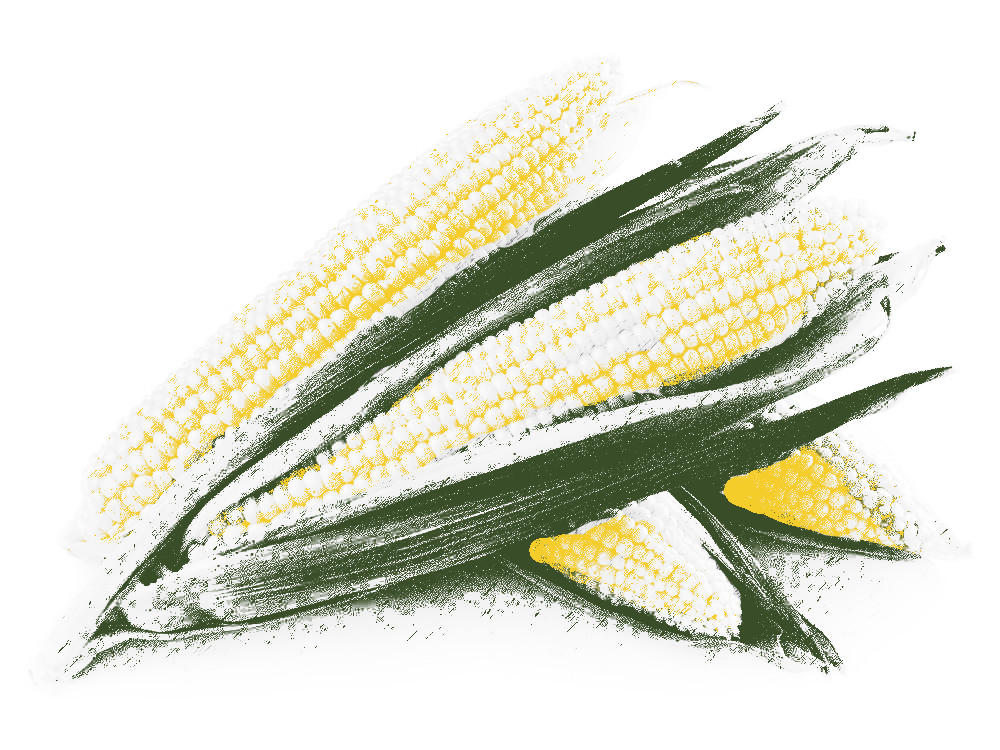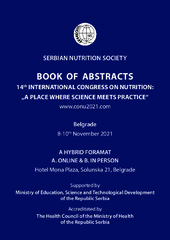Приказ основних података о документу
Adaptation of food production systems to global changes
| dc.creator | Dragičević, Vesna | |
| dc.creator | Simić, Milena | |
| dc.creator | Mladenović Drinić, Snežana | |
| dc.creator | Brankov, Milan | |
| dc.creator | Stoiljkovic, Milovan | |
| dc.creator | Kravic, Natalija | |
| dc.date.accessioned | 2022-11-22T13:13:04Z | |
| dc.date.available | 2022-11-22T13:13:04Z | |
| dc.date.issued | 2021 | |
| dc.identifier.isbn | 978-86-909633-5-5 | |
| dc.identifier.uri | http://rik.mrizp.rs/handle/123456789/1054 | |
| dc.description.abstract | Agricultural plants, mainly for food production are prone to variability of agro-ecolog ical conditions, particularly to meteorological conditions.Relatively frequent meteo rological extremes are reflecting negatively on agro-ecosystem, depleting soil fertility and raising its erosion, spreading invasive weeds, hard to control, thus reducing rapidly arable areas. At the same time, meteorological extremes are diminishing production of agricultural plants, their yields, as well as quality, reflecting negative on food security. It is well known that reduced yields of staple crops, like wheat, maize, rice and others are present in drier seasons, while increased concentration of protein, some vitamins and antioxidants is pres ent at the same time. However, in the most of the cases higher infestation with pathogenic fungus is present, thus increasing mycotoxines level. Meteorological extremes are mainly driven by anthropogenic factors, which are also responsible for reduced quality of agri cultural products. For example, globalisation trends mirrored through “Green revolution” were conceptualised to resolve worldwide hunger, by introducing of high yield genotypes, prone to stressful conditions, together with high inputs of water, mineral fertilizers (mainly based on nitrogen, phosphorus and potassium) and other toxic agro-chemicals, impairing agro-ecosystem by reduction of biodiversity, depleting of soil fertility through decrease of organic matter, microbiome diversity and particularly micro-elements, important for both, plants and humans, thus contributing to the low quality of produced food, i.e. hidden mal nutrition. Worldwide present malnutrition with essential minerals and vitamins contrib utes to the rapid increase of chronic diseases, such as inflammation, metabolic syndrome, diabetes, cardio-vascular diseases, cancer, variety of auto-immune conditions, etc. even to the pandemic level.One of the important facts lies in depletion of phosphorus deposits, leaving agriculture without the main source of this essential mineral. Novel trends that in troduce recycling, usage of alternative, renewable and less used sources of plant nutrients and energy, from the point of rationalisation, together with breeding of genotypes tolerant to various abiotic and biotic stressors, such as meteorological extremes, plant pathogens and low inputs could contribute not just to increased security of plant production, but also to increased quality of agricultural products | sr |
| dc.language.iso | en | sr |
| dc.publisher | Belgrade : Serbian nutrition society | sr |
| dc.rights | openAccess | sr |
| dc.rights.uri | https://creativecommons.org/licenses/by/4.0/ | |
| dc.source | 14. International congress on nutrition "A place where science meets practice", Belgrade, 8-10.11.2021. godine - Book of abstracts | sr |
| dc.subject | agricultural plants | sr |
| dc.subject | meteorological extermes | sr |
| dc.subject | agro-ecosystem depletion | sr |
| dc.subject | food security | sr |
| dc.subject | malnutrition | sr |
| dc.title | Adaptation of food production systems to global changes | sr |
| dc.type | conferenceObject | sr |
| dc.rights.license | BY | sr |
| dc.citation.spage | 67 | |
| dc.citation.epage | 67 | |
| dc.identifier.fulltext | http://rik.mrizp.rs/bitstream/id/5915/bitstream_5915.pdf | |
| dc.identifier.rcub | https://hdl.handle.net/21.15107/rcub_rik_1054 | |
| dc.type.version | publishedVersion | sr |


